The 10 Most Googled Skincare Ingredients Of 2020
No but seriously: what IS niacinamide?
Hands up who spent a good portion of lockdown either a) shopping for skincare products, b) researching skincare products or c) wondering if said skincare products would arrive before the weekend. Everybody’s hands up? Okay, cool. We’re amongst friends here.
It’s safe to say that skincare is having a moment right now. According to a Channel 7 report, beauty sales skyrocketed during lockdown. In April, Myer reported a whopping 520 per cent increase year-on-year in beauty product sales and a meteoric 600 per cent increase in skincare. Adore Beauty saw similar results with a 60 per cent more face masks and exfoliators sold than the year prior.
With all of that shopping came a lot of Googling. Recently, our friends at Cult Beauty compiled a list of the top 10 most Googled skincare ingredients of 2020 so far:
Vitamin C
One of the most popular ingredients in skincare, vitamin C is lauded for its ability to brighten skin. This potent antioxidant is a powerhouse: it evens out your skin tone (seeya, pigmentation and melasma!) boosts hydration levels, supports collagen production, reduces inflammation and neutralises free radicals. While there are plenty of great vitamin C-based serums and creams on the market, SkinCeuticals C E Ferulic Serum is without a doubt the most popular – read our review to find out why.
For more on this over-achieving ingredient, see here.
Retinol
How do we love retinol? Let us count the ways…
Retinol is one of the top ingredients on everyone’s skin shopping list. In a similar vein to vitamin C, retinol is an all-round powerhouse. Also known as vitamin A, it works by accelerating skin turnover, leading to less fine lines, wrinkles and congestion, along with improved skin texture and plumpness.
A caveat: it can be quite a strong ingredient so if you’re new to retinol, introduce your product gradually and start with a low-strength variety.
Castor Oil
Does castor oil help your hair grow and thicken eyebrows? That’s the question on everybody’s lips. “No studies exist showing castor oil can increase hair growth >1cm/month, which is the FDA standard of hair growth,” dermatologist Dr. Nikki Hill told ELLE recently. Sigh… However, there is reason to believe that this nutrient rich oil could provide the conditions for optimal growth by protecting the hair follicle from outside influences. Just don’t expect it to be a quick fix.
Hyaluronic Acid
In skincare, hyaluronic acid is used to help plump and moisturise skin. Dr. Michele Squire, PhD-qualified scientist and founder of Qr8, loves the stuff and recently told Gritty Pretty that everyone should consider adding a hyaluronic acid serum into their routine to boost their moisture reserves: “HA levels start decreasing around the age of 20, contributing to age-related dehydration and loss of elasticity.”
To learn more about hyaluronic acid – and for Squire’s top product recommendation – click here.
Squalane
Squalane isn’t new, however, this ingredient is enjoying a recent surge in popularity on the skincare scene. Squalane is an emollient that mimics your skin’s natural oils and helps to lock moisture into skin. You can buy this stuff either in straight-up oil form or as part of a moisturiser, serum, etc. Clean beauty brand Biossance counts squalane as the hero ingredient of all of their formulas.
Salicylic Acid
Skin prone to pimples? We’d like to introduce you to our friend salicylic acid. This blemish-buster is often at the top of ingredient lists for acne-targeting skincare products. Salicylic acid works by deep diving into pores to clear out sebum and dirt; it also neutralises acne-causing bacteria helping to reduce the size of spots and – better still – prevent them from forming in the first place.
Benzoyl Peroxide
When it comes to acne-fighting ingredients, benzoyl peroxide is old school. This antibacterial ingredient treats pimples by targeting the acne- and inflammation-causing bacteria. A little bit goes a long way so start with a low-dose formula before you call in the big guns.
Witch Hazel
Witch hazel is a botanically-derived extract from a flowering plant native to North America and Japan. In skincare, witch hazel is usually sold in toner form and mixed with other ingredients including aloe vera and rosewater. It is claimed to have skin-soothing, oil-controlling and antioxidant properties, however, the science is only so-so.
Niacinamide
If you aren’t already using it, niacinamide – also known as vitamin B3 – is set to become your skin’s new BFF. Think B for barrier: it reinforces the skin’s outermost layer, helping it to protect itself from UV damage, pollution, chemicals and other environmental stressors. Niacinamide increases the production of the major proteins in our skin barrier (e.g. keratin) and ceramides; this lowers the risk of skin becoming irritated and increases moisture retention.
Ceramides
Speaking of… Ceramides also help to reinforce your skin barrier. Your skin’s surface is naturally composed of lipids (ceramides and fatty acids) that help keep moisture in and environmental aggressors out. Over time, our natural lipid production drops, causing a myriad of problems so adding ceramides in the form of skincare can help. One of our favourites? Elizabeth Arden Advanced Ceramide Capsules.



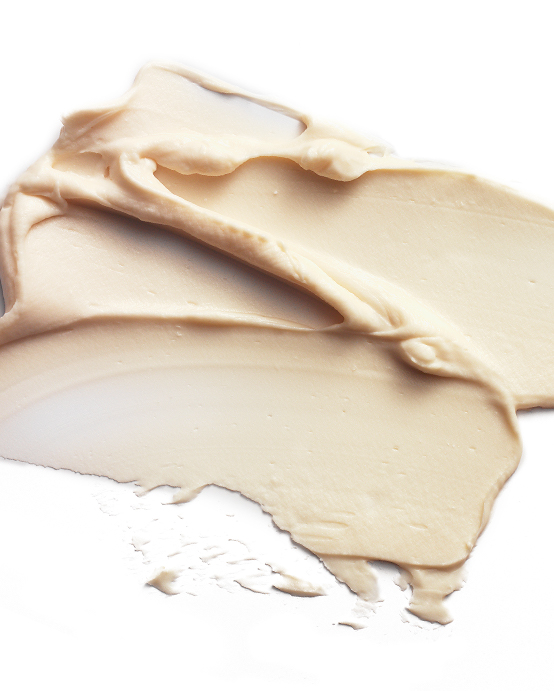
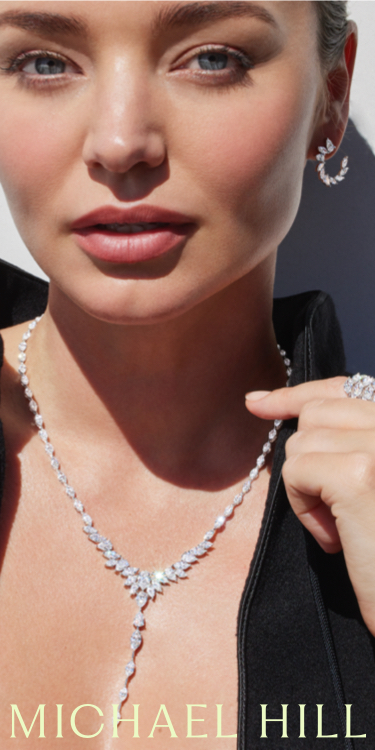
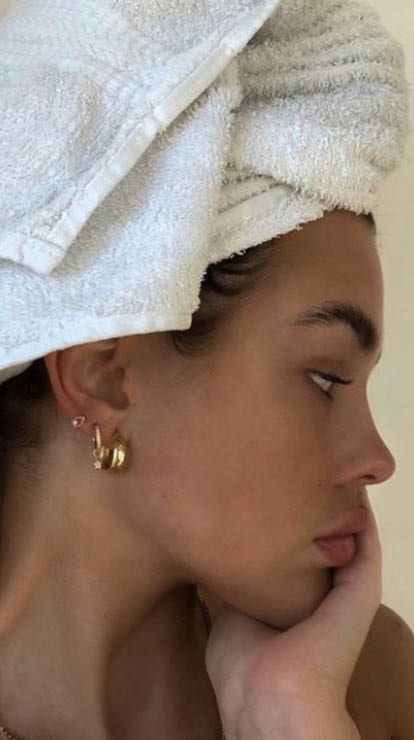




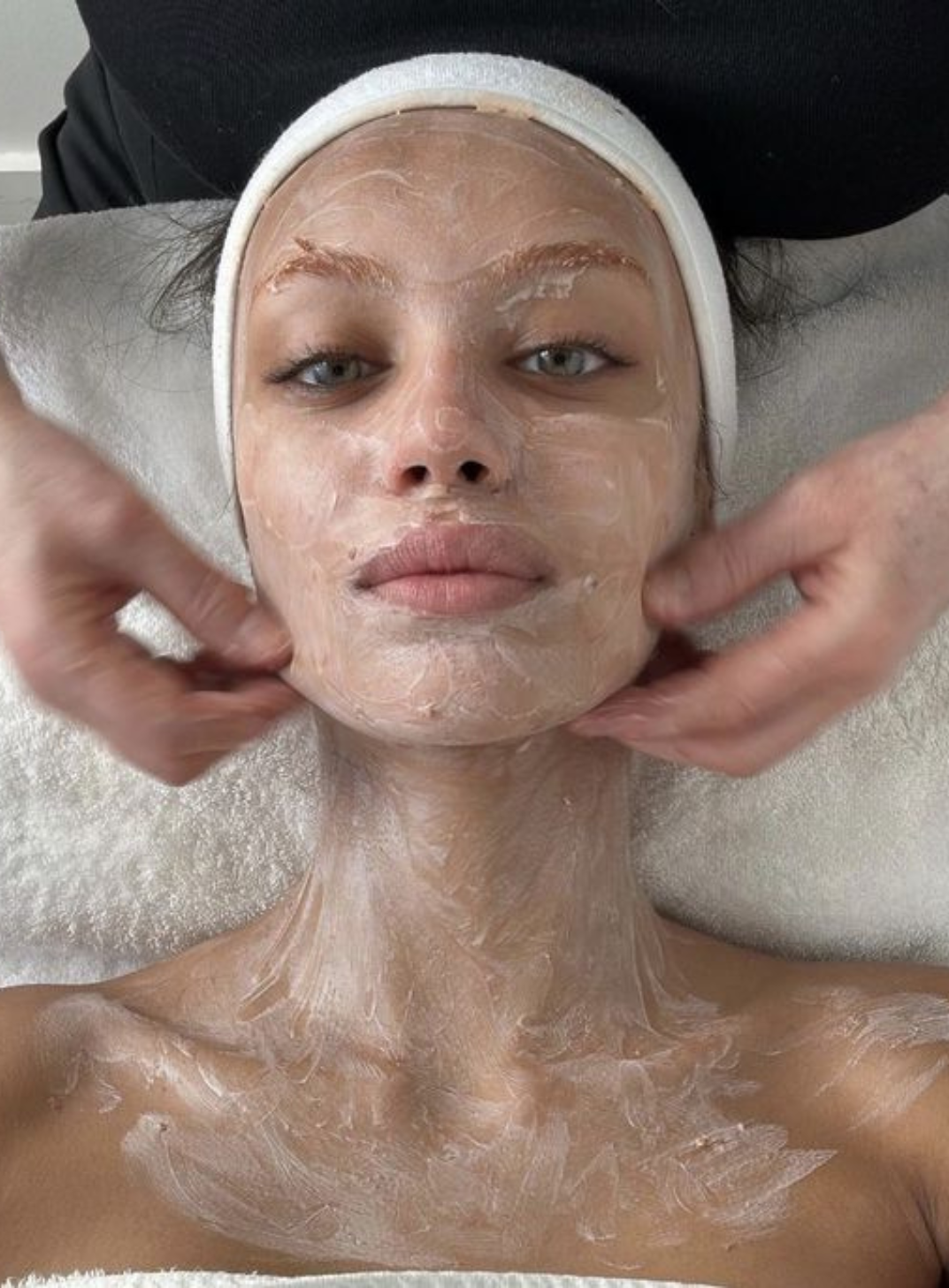
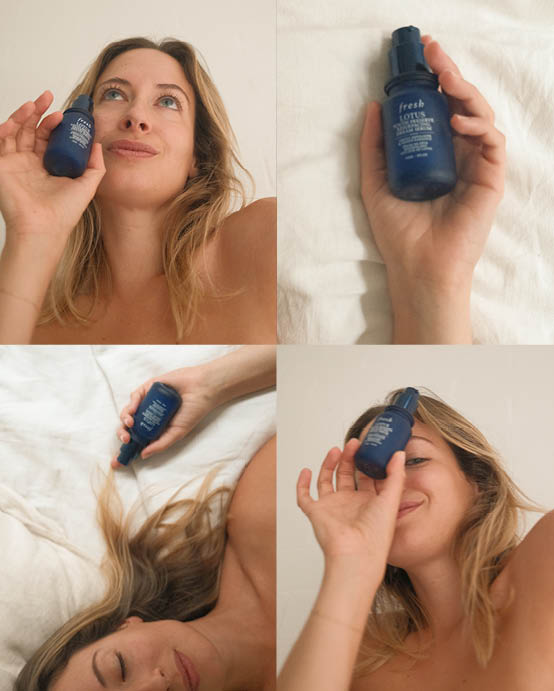
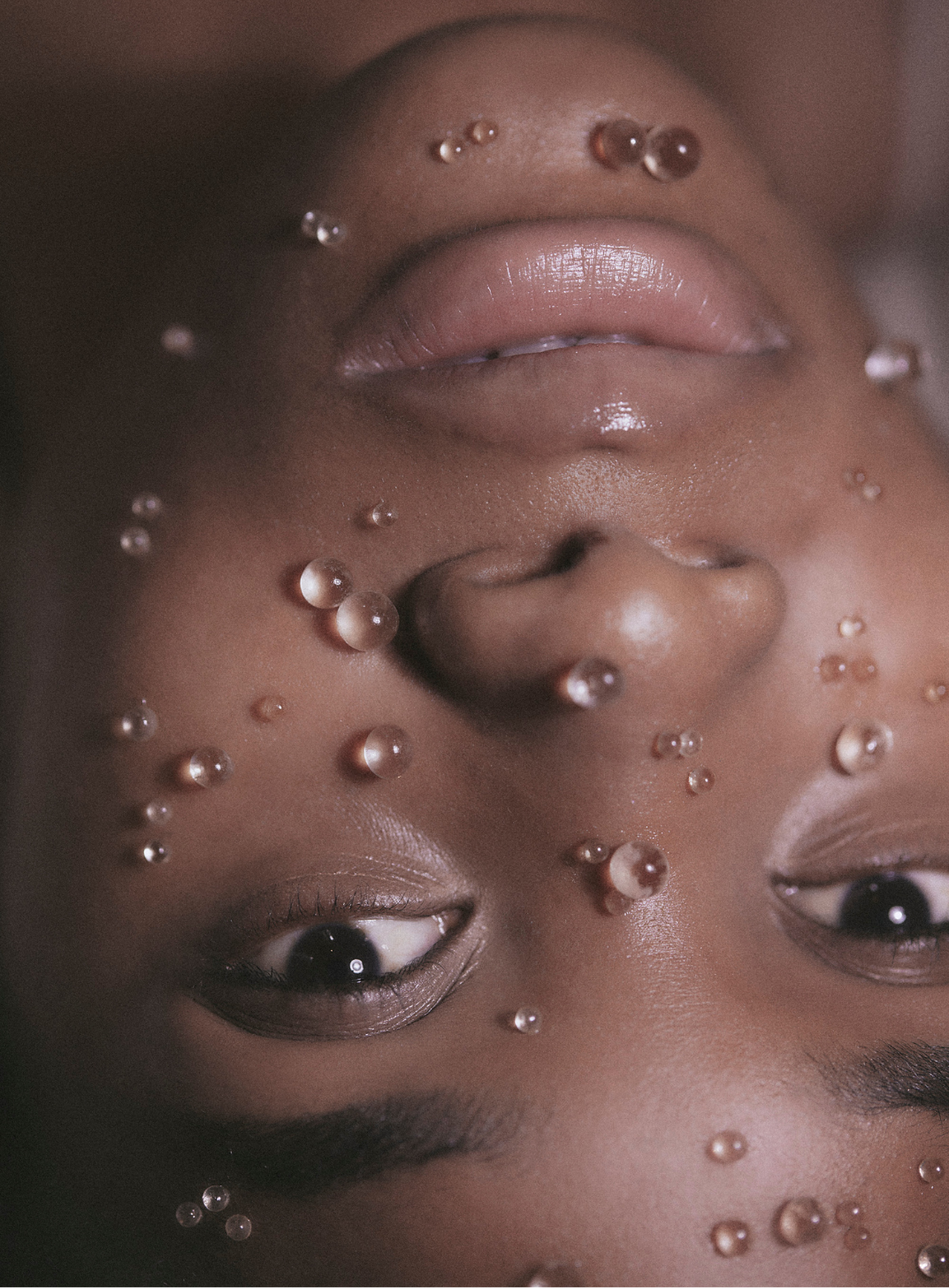
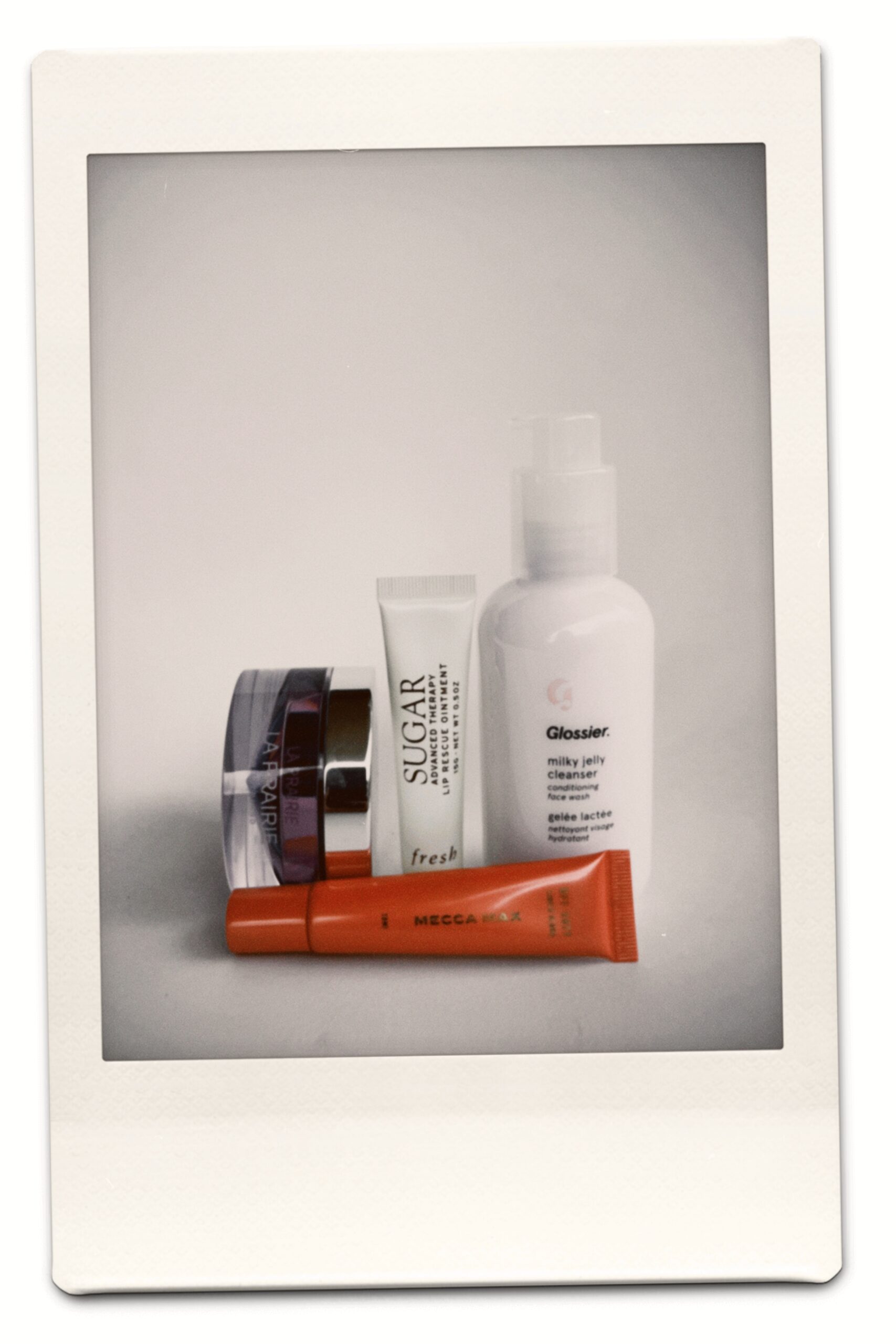

Comments